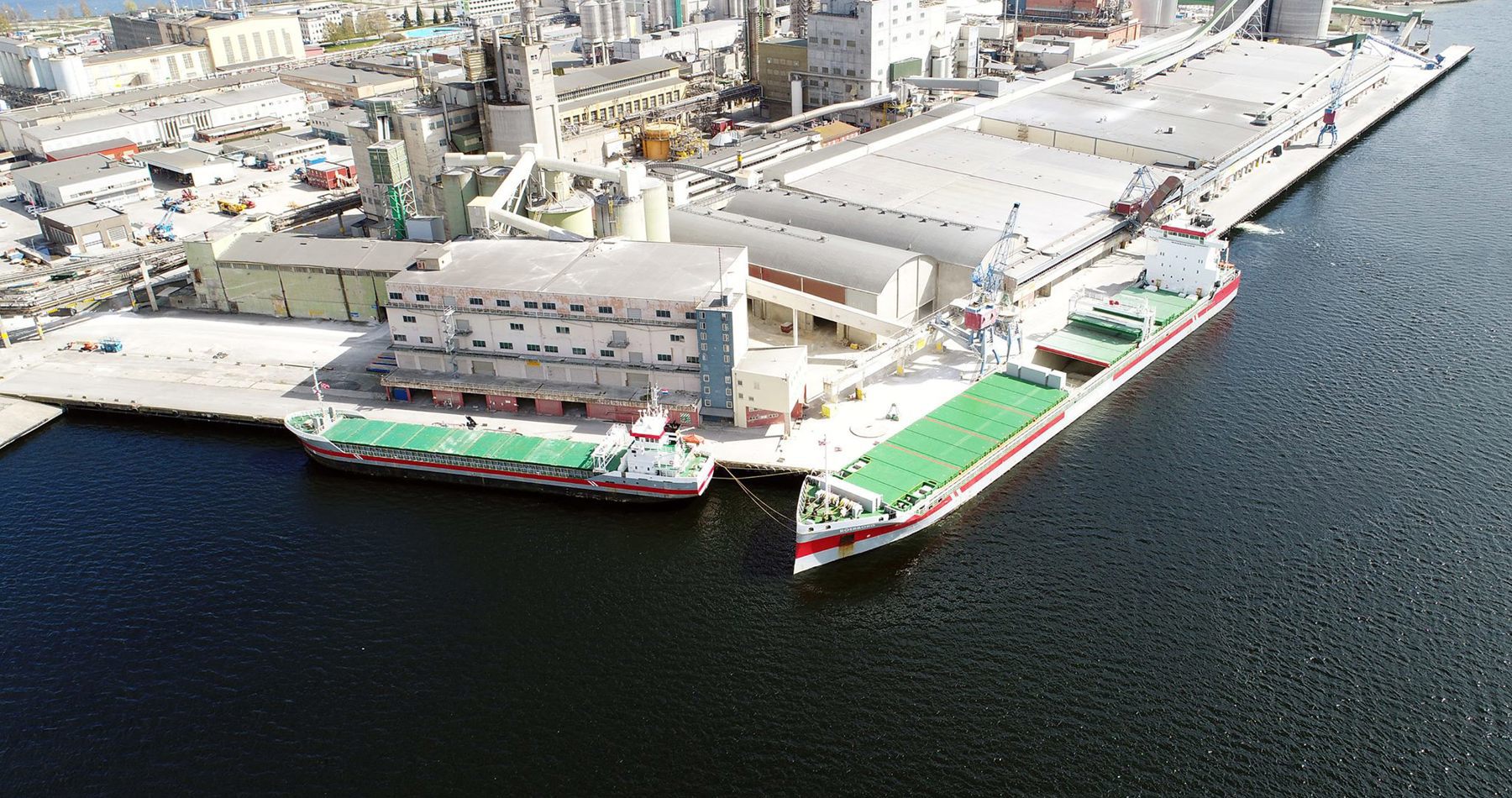
The sky is the limit - a retrospect on the collaboration with Yara
Our meeting precedes the Operations Team-meeting (OT). We have barely shaken hands before Marc de Rijcke convincingly dives in. About the importance of an open dialogue, his ‘core-owner’-philosophy, the previous love-hate relationship between Yara and Wagenborg, and about trust in each other. Marc de Rijcke, Head of Short Sea Chartering at Yara Maritime Logistics, reviews the long history between Yara and Wagenborg.
The OT-meeting is an internal affair at Wagenborg where shipping company inspectors, crew managers and charterers discuss operational business with captains and other officers in order to optimise Wagenborg’s customer service. Today Marc de Rijcke and two of his co-workers from the Survey Department are present on behalf of Yara, one of Wagenborg’s biggest clients, to share his experiences in regard to the collaboration. “Internal sessions such as these are very important”, Marc stresses. “We believe in an open dialogue and in mutual feedback. Only through this we are able to both excel operationally. It might take up some time, but it also provides clarity, mutual understanding and tranquillity within our organisations.”
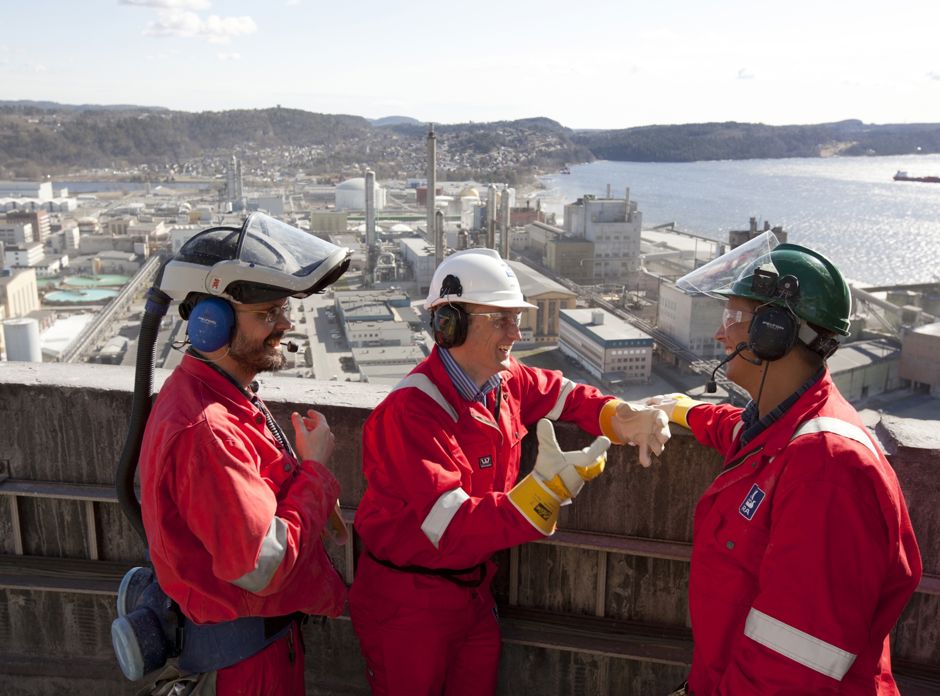
Working with co-owners
Yara Maritime Logistics operates from three different segments: Short Sea Chartering, Deep Sea Chartering and Containers. Marc explains: “Short Sea handles European shipments, while Deep Sea takes care of the intercontinental cargo volumes. Both segments handle between 7 and 8 million tonnes of cargo annually. Yet we work very differently. Deep Sea always operates with brokers as a third party, but we at Short Sea like to work directly with shipping companies, our ‘core-owners’. But it has not always been this way.”
The fact is, it is not just about freight rates!
Operational excellence
In the past, Short Sea worked with brokers as well; however a few years ago Yara introduced a kind of taximeter system where every vessel in a cargo port was settled up per hour. This system proved to be less ideal, which generated a new suggestion. Marc explains: “We started working with fewer shipping companies, and this smaller fixed group allowed us to actively and collectively work on our quality and reliability. We do not aim to be the cheapest, instead, we focus on operational excellence. The fact is, it is not just about freight rates!”, says Marc. “Nobody applauds when you manage to haggle those last few cents off a tonne of cargo. But if you manage to realise minimal layover time at the quay by providing better vessels and fewer delays; that is serious profit.”
Business transparancy
Yara’s basic thought was evident: vessels should spend minimal time halted at the quay of production facilities and receivers. Marc explains: “Loading should be a ‘touch-and-go’ affair, we have performed many cargo analyses to substantiate this. Subsequently we shared this information with every shipping company involved. We informed them about what we do, how we do this, why we do this and with who: we offer complete business transparency. Due to this strategy we’ve had to say goodbye to some of the ship owners, while others joined our top 20 as core-owner. These ship owners have to master the whole on both a technical and operational level, and be willing to engage in complete confidence in an open dialogue. We are currently operating with 20-22 core-owners who together ship about 80% of our complete cargo supply. And Wagenborg accounts for the bulk of that”.
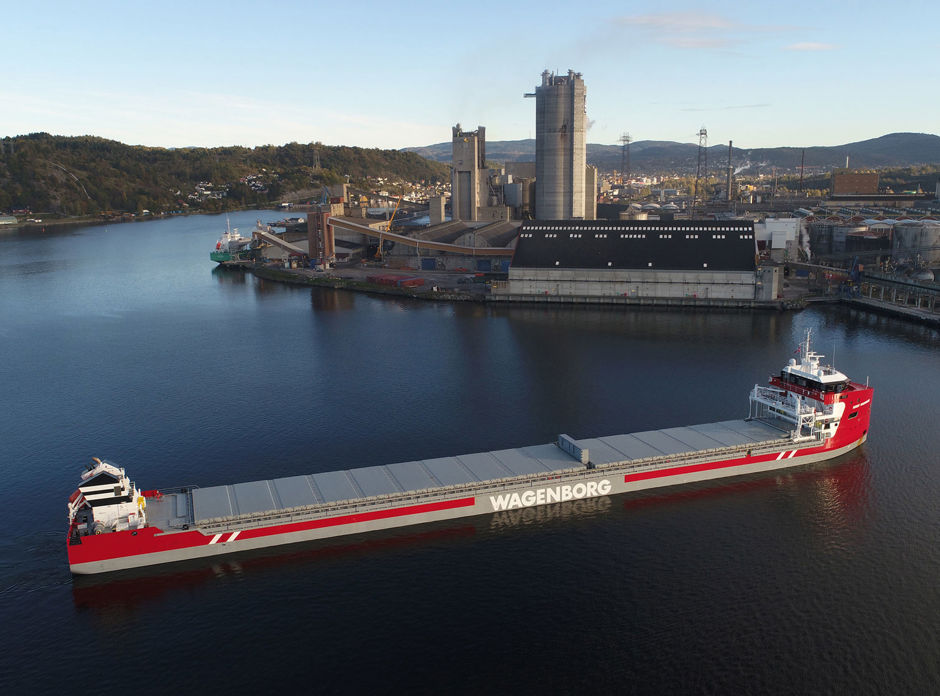
Love-hate relationship
“There used to be a love-hate relationship between Yara and Wagenborg”, Marc laughs. “Wagenborg was under the impression that we were deliberately rejecting their vessels for a cargo. And in turn, we thought they were asking us top price for our cargo. It was truly a case of ‘us’ versus ‘them’. In order to bring about a change we got into our cars and drove to Delfzijl to settle our differences once and for all. In hindsight, this could have turned out quite differently.”
Pivot point
This meeting turned out to be the pivot point. Marc explains: “We agreed on a couple of things: we forget about the past and from now on we have faith in the future. Not sure why, but we put the thought ‘as far as we’re concerned, you can ship 1 million tonnes for us’ out there. Once you believe in this, the sky is the limit. Wagenborg went and assigned people to our contracts. Furthermore, Wagenborg began to deploy its own vessels, together with its captain-owners. In addition we introduced the new KPI’s and rules for inspection. We began to assess ship-owners and vessels uniformly and transparently on their laycan, and performed inspections regarding ULD hatch cover tests, visual checks and safety. Based on these results we conducted the performance reviews.”
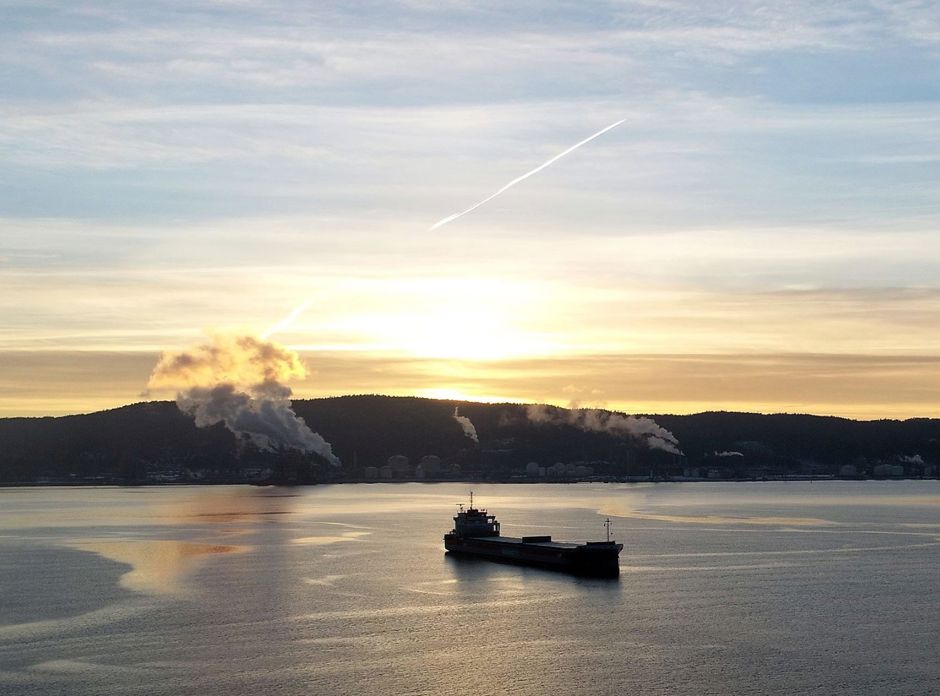
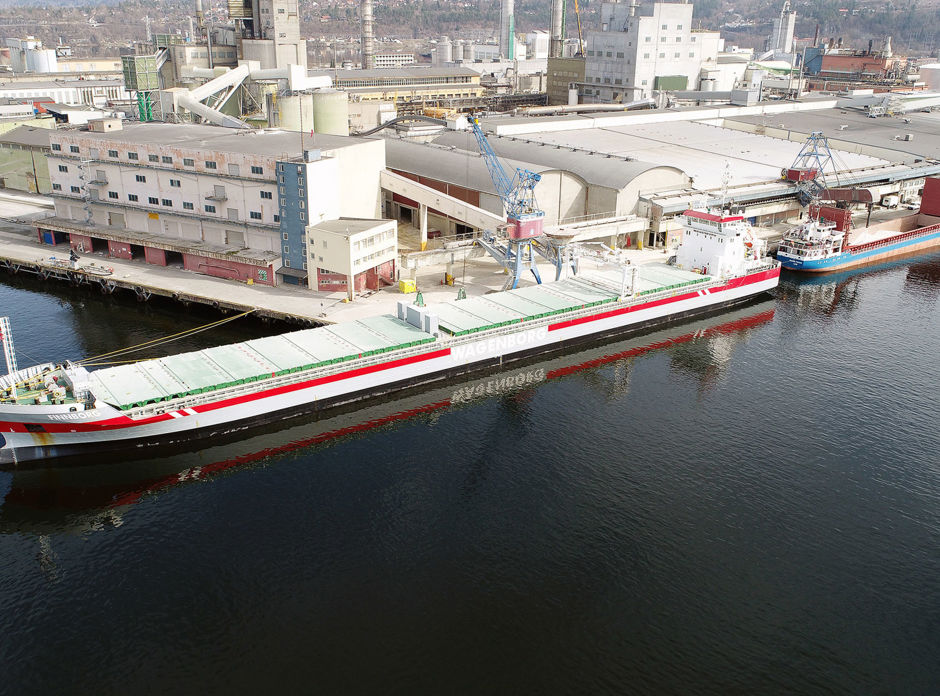
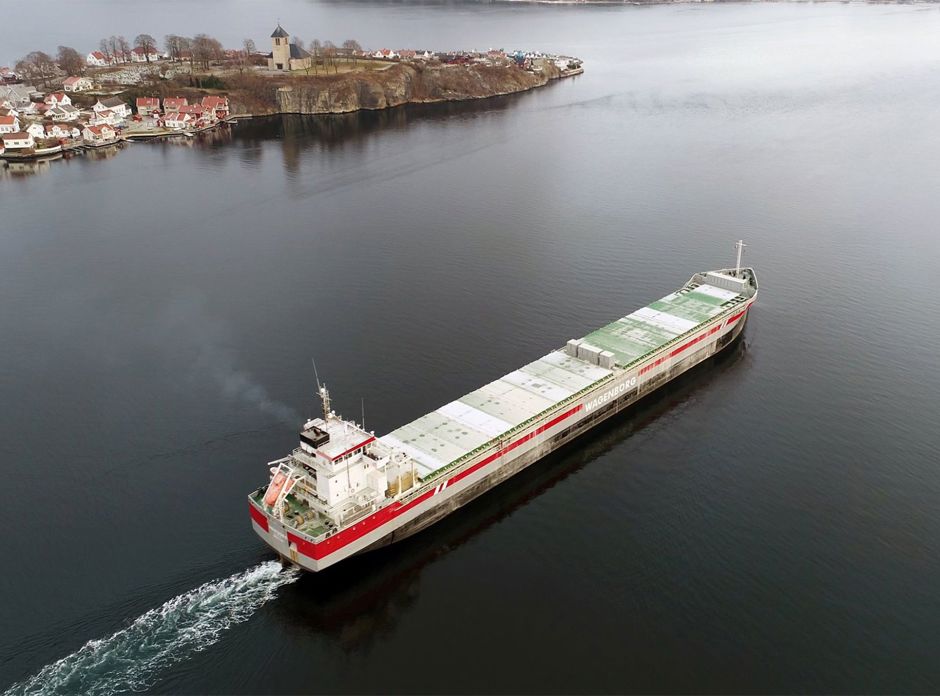
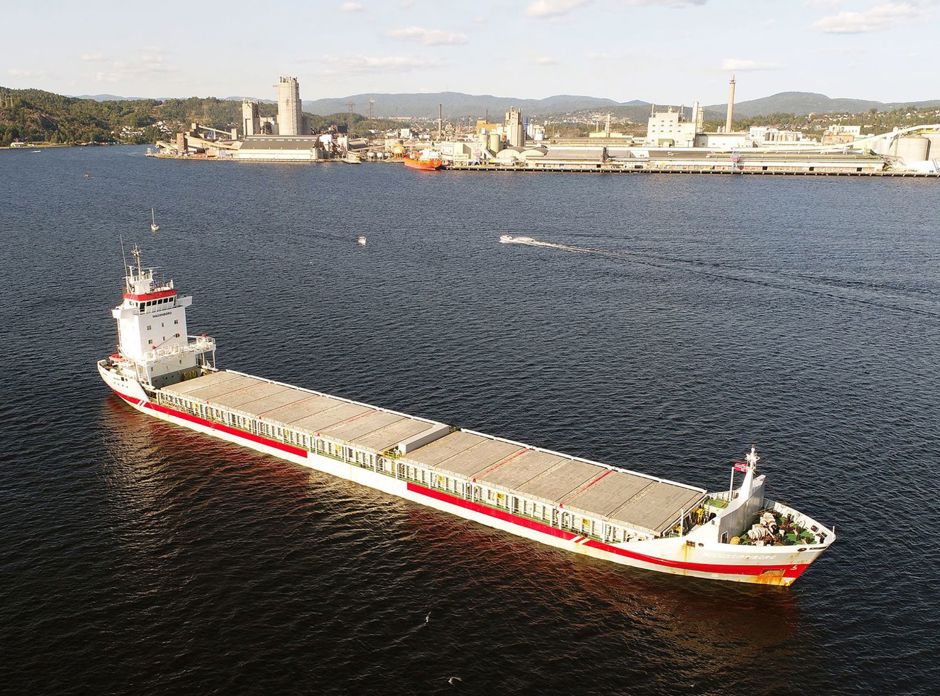
Predictability
Marc: “We used these performance reviews to express our critique towards our core-owners. But we also received critical questions in return: how well is Yara actually performing? A legit question, of course. Because we can only excel on operational level when together we can account for 100% predictability within the complete logistical chain. A vessel could be delayed, yet by communicating this in time we are able to change the production or adjust a load and balance programme. In turn, we have to inform a ship-owner whenever we e.g. experience a production error. In that case, a ship does not have to be halted unnecessarily at the production facility. In that respect I view a vessel in the same manner as one of our production units: both are operational 24/7. In an ideal situation, our product experiences a minimal standstill within the logistical chain.”
Now, in 2017, we are on our way to surpass 2 million tonnes; an absolute apex!
At the cutting edge
“When looking back on the performance results of all core-owners I can say that Wagenborg finds themselves at the cutting edge. You can tell that Wagenborg often sails our loading and unloading ports with the same vessels and crew. The people from Wagenborg are familiar with our ports and products, which benefits the projects. Qualitatively, both in terms of laycan and inspections Wagenborg is able to keep up perfectly in our collective aim for operational excellence. And this is represented in the volumes. Up to 2002 Wagenborg never shipped more than 100.000 tonnes annually. In 2012 they surpassed 1 million tonnes. This positive experience achieved Wagenborg the expansion of Murmansk - Heroya from Deep Sea. Now, in 2017, we are on our way to surpass 2 million tonnes; an absolute apex for everyone involved. With this, Wagenborg is shipping 23% of Yara’s total short sea volume. It’s not hard to reach the top, but maintaining that position is. We have to continually work together to step up our game. Thankfully Yara and Wagenborg share the same ideas and philosophy. As a result I am cordially inviting Wagenborg to come visit our production facilities in Sluiskil in order to discuss a more efficient production and transportation of our local products.”, Marc concludes.

